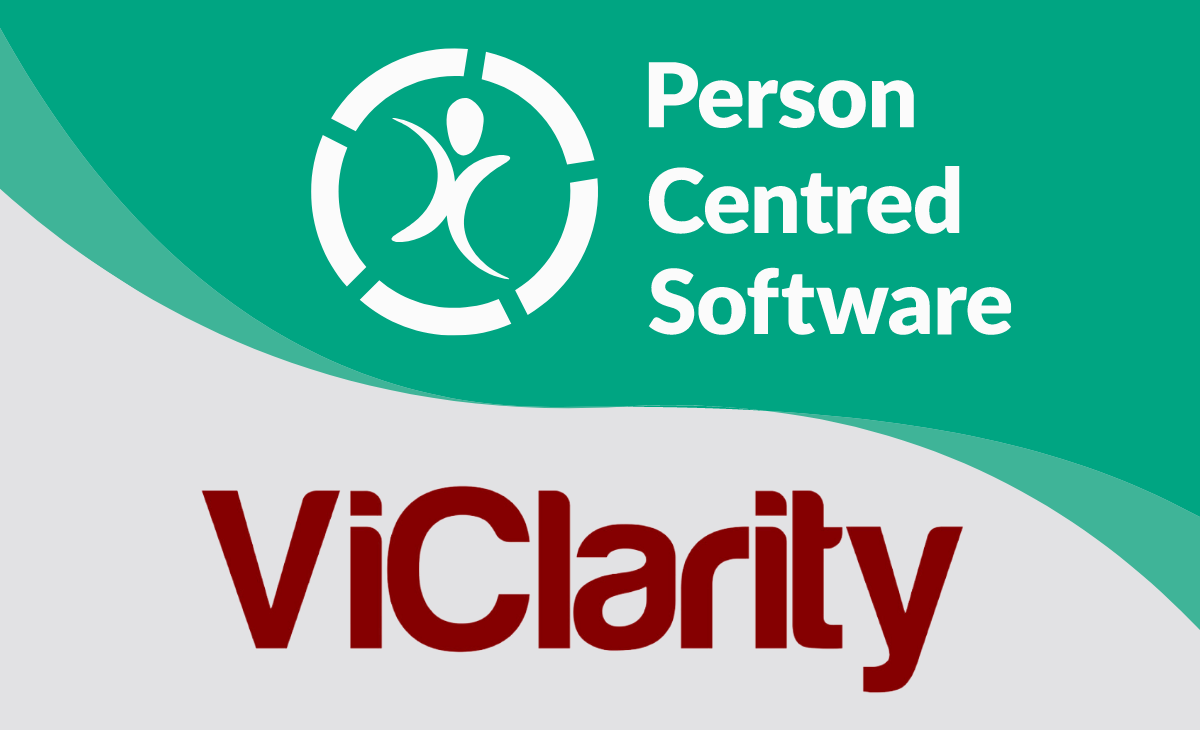New research reveals that 97% of organisations in the health and care sector are experiencing delays in the recruitment process that are severely affecting business
Digidentity, a digital identity platform for healthcare providers, governments and businesses, has published new and startling research which reveals that 97% of organisations in the health and social care sector are experiencing delays in the recruitment process.
These delays, in turn, are having significant and harsh impacts on business and staff.
The research conducted by Digidentity shows that delays in the recruitment process is impacting staff in a number of significant ways, such as a lack of productivity, inefficiencies in operations and lowered staff morale.
Not only are the recruitment process delays having adverse effects on the emotional and phycological wellbeing of staff, not to mention hamstringing their ability to deliver the level of person-centred care they would wish, but the delays are also causing a significant financial strain on health and social care providers.
According to the research, each organisation is spending nearly £544,000 annually on locums and overtime in an effort to fill staffing gaps.
There are a number of circumstantial reasons as to why the health and social care sector is struggling with staff shortages and having to try and find ways to plug gaps in staffing in care homes. For example, one of the biggest reasons for short staffing currently is the job losses as a result of the pandemic.
During the pandemic, nursing homes lost approximately 210,000 staff. Care homes since then have been hiring staff on an average of 3,700 employees per month, which means that if the industry continues to hire at this rate, nursing home staff levels will not return to pre-pandemic levels until 2027.
Needless to say, demands on health and social care services increase as the years go on, as people live longer, as dementia rates continue to increase and as a result more older people require care provision and needs become increasingly complex , the staffing gaps that currently exist may well widen further and further as time goes on as the care industry struggles to reset to a position that may no longer exist.
But there are answers to both staff shortages and temporary staffing gaps caused by a delay in the recruitment process. While many within the industry are calling for a complete overhaul of the care industry to make the profession more attractive through professional development, long-term career prospects and a higher benchmark of wages, making best use of the resources care homes have right now is one of the key factors in ensuring there is always a continuity of outstanding care.
Harnessing tools that provide learning and development
As a care provider, it’s essential to take advantage of the tools on offer that can empower staff to reach their learning and development goals because it ensures that staff are constantly improving their ability to provide care and to maximise the efforts and effectiveness of the staff that are available. It also means staff are more likely to feel a true sense of progression in their career, which in turn will make the sector a more attractive and fulfilling place to work.
A tool for learning and development, for example like PCS LEARN, an all-new learning management system from Person Centred Software, supports the goals of staff and puts them in control of their learning journey.
With PCS LEARN, care homes have access to wellbeing courses for the whole home which include bundles on leadership and creativity among others. There are also induction courses available that provide all the necessary information to be able to use the products available with Person Centred Software to best effect in a care setting.
The dashboard, which can be accessed from any device, is pre-loaded with learning pathways that are tailored to each individual. With these courses, staff can grow in their career and progress towards, for example, leadership roles.
Click here to find out more about our course bundles.
Maximising staffing resources with DepenSys
In situations where care homes have been addressing the challenges of short staffing, utilising every available technology to help maximise resources is essential.
DepenSys is a real-time dependency and staffing solution which enables care homes to understand the hours needed to administer good care to residents and measure that against the hours they have available. And because of the unique ‘skills mix’, which calculates where staff need to be distributed by level of skill to have the biggest positive impact on residents, the platform’s calculations mean that every available hour for staff is made more productive and impactful.
With DepenSys, care homes can account and forecast for short and long term staff shortages like those created by recruitment delays by identifying the priorities and needs of residents against available staff.
DepenSys is the newest member of the Connected Care family – to find out more about this unique solution, just click here.







.webp?width=80&height=80&name=HTD%20Awards%202023%20Badge%20(4).webp)














